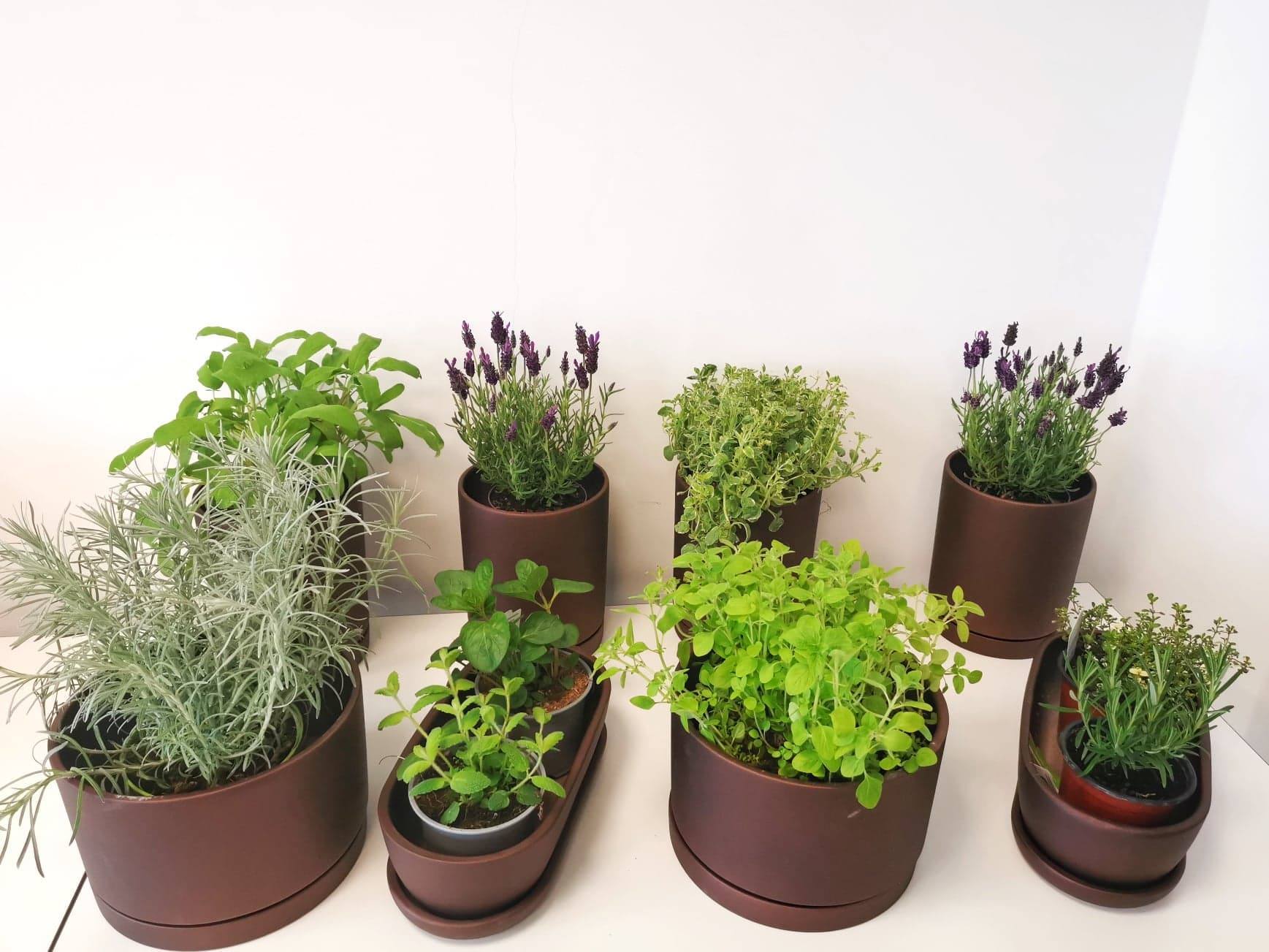Libraries, due to their underlying characteristics of operation, have long been part of the ecological avant-garde based on the idea of a single item being used many times, and by a lot of people. What’s more – there’s no denying that – it had often been the case that the lack of fancy book-binding materials forced the librarians to creatively recycle books. The changing reality, better financial prospects, experience - and what’s most important - a greater ecological awareness - have all led to a necessary re-evaluation of the activities we were previously used to, and to verify if what we have been doing, is indeed environmentally-friendly.
I would like to list a few obvious and a couple of more creative ideas which will help you keep the waste at your library to a minimum, presented in a random order :)
- Rent and never give up – the idea of renting is in itself environmentally friendly. You don’t need to spend your money and then put the book on the shelf, or what’s worse – throw it away. You can always glue the damaged copies back together and sew back the ones that happen to be torn up. Just don’t give up.
- Collect the donated books – we add some of those to our library collection, and distribute the ones we don’t need between the 5 ‘First Aid’ bookcases that we have placed in our town health clinics to make their patients’ visits more enjoyable. The remaining books are put on the ‘Book for the road’ shelf outside our library, but we keep our guard up so that they’re not all randomly collected into a large bag – we’re able to detect a ‘book incinerator’ from 20-feet apart!
- Don’t overproduce – we try not to produce any unnecessary waste when preparing an arts and crafts workshop for the kids. A souvenir from the workshop? YES please, but if a child creates their piece from an empty bottle or a toilet paper tube, you know there is a good chance that after they get back home, it will sooner or later end up in the trash – and that is no recycling: a paper-wrapped bottle will go straight to the ‘mixed’ container.
- Give a meaningful second life – if we decide to repurpose our old items, we try to make them as functional as they can be: we’d make a wall-mounted clock out of an old vinyl record - if it works and if we can find a place for it, we’d wrap a worn ottoman in recycled paper and cover an all scratched-up desk with cutouts from a comic book (if you find that useful for the youth section). If we’re sewing reusable bags, we don’t buy any fabric – we reuse some of the old curtains – but always try to make them look neat, otherwise nobody will ever use them, even if we give them away for free.
- Extract everything you can – we make use of our entire glue sticks with the help of a paintbrush, print double-sided, and if that’s not possible, we use the blank pages for book reservation note cut-outs or for notes of our own. By the way, we keep fit by walking to your colleague’s desk and reading the text from their screen, or looking something up together with them instead of printing the next test pages.
- Technology is at our service – when collecting a book reservation, we used to print a couple of pages worth of lists, even three times a day. Today, we only take a screenshot or use a tablet that we carry around the bookshelves. We look out for each other in this regard.
- Literally ‘go green’ – we buy lots and lots of plants: we choose those that remove contaminants from the air and inform the visitors about their properties on a label placed next to the pot. We educate, but also care about the atmosphere inside the library. We have created an amateur smog catcher that illustrates the deposition of particles. In 2019, we began with about one hundred plants, and now we have three times as many. We began a plant exchange project and we’re now an ‘adoptive family’ to many plants. We keep growing new seedlings and share them with others. We use hydroponic equipment to grow mint, thyme, and we show how to turn an old potato into a dozen young ones. We talk about this all the time at the library counter, trying to encourage our users to try doing this at home :)
- Attention to details – we labeled our kettle ‘boil some more, let someone else enjoy’, the doors on the corridor ‘switch off the lights’, and the bathroom wall ‘when soaping your hands, turn off the tap’. We have placed ‘boomerang bags’ by the counter: the reader can use them to bag the books or bring their own bags for others to use.
- Make projects – we design and carry out projects that combine activities around literature animation and the promotion of an environmentally-friendly lifestyle – beginning with the project ‘Green games’ from a couple of years ago and finishing with the latest ‘Library of Plants’. Many companies, foundations, and institutions allocate financial resources to environmentalism, and we are happy to participate in their projects.
- Inspire ourselves and others – where a librarian can’t go, we will send someone who can: this is how the green area in front of our library was established. The lawn has been cooperatively reinvented into a community garden. We can’t do everything on our own, but sometimes a good idea of a librarian is successfully turned into reality thanks to other people’s help. And what about us? We like to poke around, and we do it shamelessly. We’ve been thinking about smartphone-charging bicycles, tap filters to drink tap water without the need to worry, and conducting an environmental audit… But let’s leave these ideas for a different piece, shall we? :)
Karolina Błaszczak-Modzelewska
Municipal Public Library in Legionowo
„This article is a submission for the „Share your knowledge and win prizes with labib.pl! contest”



